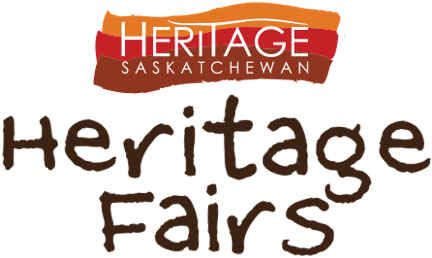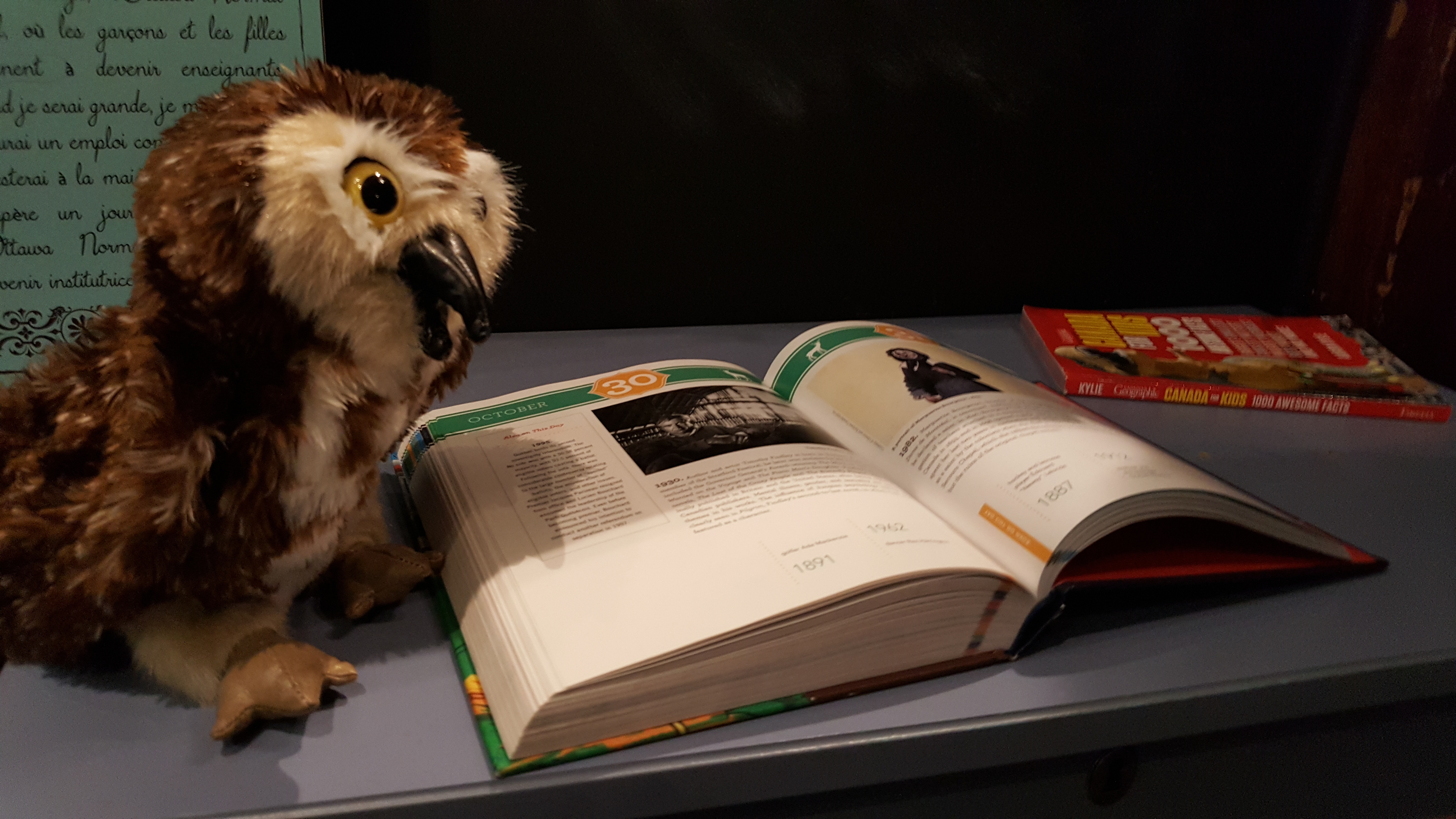10 Tips for Researching Your Heritage Fairs Project:
Click here to download a printer-friendly copy.
Before you can design your project and give your presentation, you need to do your research!
- Plan ahead! Your research will take time! It cannot all be done in one night. You might have to visit a library, museum, or other location that has specific opening hours. If you want to interview someone, you will need to fit into their schedule. You will also need to leave enough time to create your presentation and display.
- Talk to your family! Even if you are not doing a project about your family, your family might have some ideas of where to look for information and can help you come up with a plan to get to where you need to go to do your research. You might find a family connection to your topic that you did not know about! Interview family members if they have a connection to your project.
- Talk to your teacher and/or librarian! Your teacher will also be able to help you with resources on most topics, as will the staff at your school library or public library. They will not do your research for you, but they can point you in the right direction.
- Talk to people in your community! Your family and teacher might be able to help you find members of your community that have a connection to your topic. If you are doing your project on a famous person who still has community connections (like an athlete, for example), you might want to interview their friends or family, even if you do not get the chance to talk to the subject of your project directly.
- Look for primary sources! Primary sources, also called archival sources, are clues about a person, place, event, or thing that come from the same time period. Such clues could be photographs, video, writings (including emails and social media posts if the topic is recent), old records, and many other things. If you interview someone for your project, that interview itself is a primary source! If you cannot find primary sources themselves, try to find books or online websites that have included them. (Diaries, letters, photographs, etc. from family members are primary sources too!) You need these sources so that you can interpret the clues to make your own conclusions about your topic. Secondary sources, like books, articles, and documentaries about a topic, are also useful, but they are someone else’s interpretation. Try to have a mix of both kinds of sources.
- Do not be afraid to research online! Especially for more obscure or recent topics, you might have better luck finding information online than in books. However, be careful about what you read and use, because it is very easy to get published online! Make sure to consult websites published by educational institutions (like universities), historical societies, and large heritage organisations, as well as smaller websites that might be more specific to your topic. Check who the author of an article is and who they work for.
- You can use Wikipedia as a guide, but do not stop your research there! If the topic that you are researching has a long Wikipedia article, using that article as a guide when you are reading other sources is a good idea. Wikipedia might also have links to photographs, illustrations, maps, and information on other websites. (There should be a list of resources that the Wikipedia article used – some of those might be useful to you in your research too!) Also, if there is little or no information on a topic on Wikipedia, that does not mean there is no information available about that topic at all, or that the topic is not important!
- It is fine to concentrate most of your research on your family and/or community! While you should try to find other sources as well, depending on your topic, it is perfectly acceptable to have done most of your research by talking to family/community members and using primary sources from you and your family (or local community).
- It is fine to have no personal connections to your topic whatsoever! Anyone can do research on any topic and prepare a good presentation about it – you do not have to have things like personal interviews and family photographs in your project if you do not have any relating to your topic.
- You can use fictional stories as resources as well! These can inspire you to pick your topic! While you have to be very careful, novels, movies, TV shows, video games, and other fictional works can also be part of your research. This is especially true if your topic is a fictional character (such as Anne of Green Gables), an author, an actor, or any other topic that is connected to fictional works. You can also read a novel about your topic and compare it to the non-fiction resources that you found.
Bonus Tip – You can change your topic as you do your research! Depending on how much time you have before your project is due in class, you can decide to change your topic for your Heritage Fairs project as you are doing your research if you find something else that you are much more passionate about.

